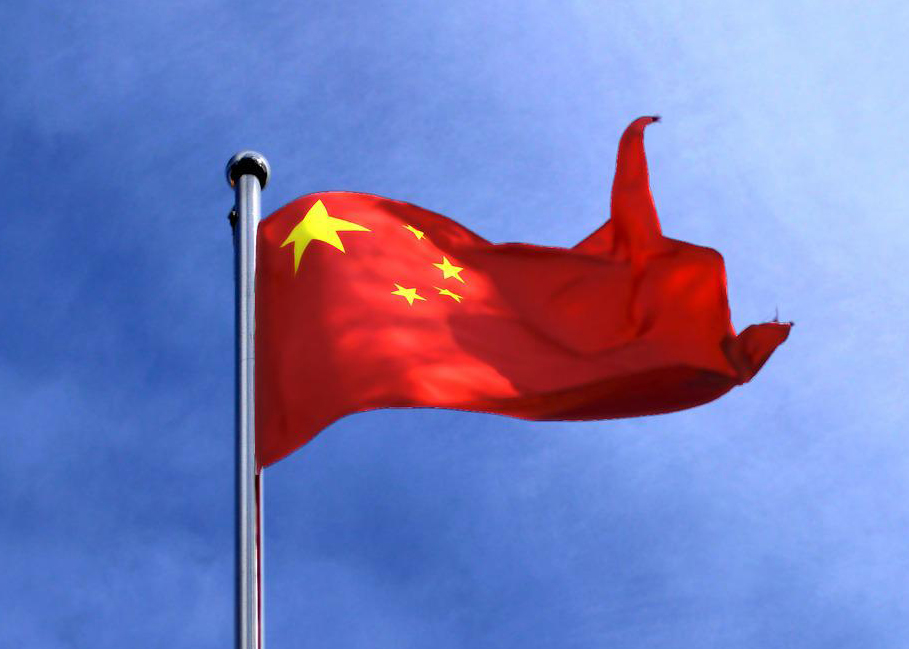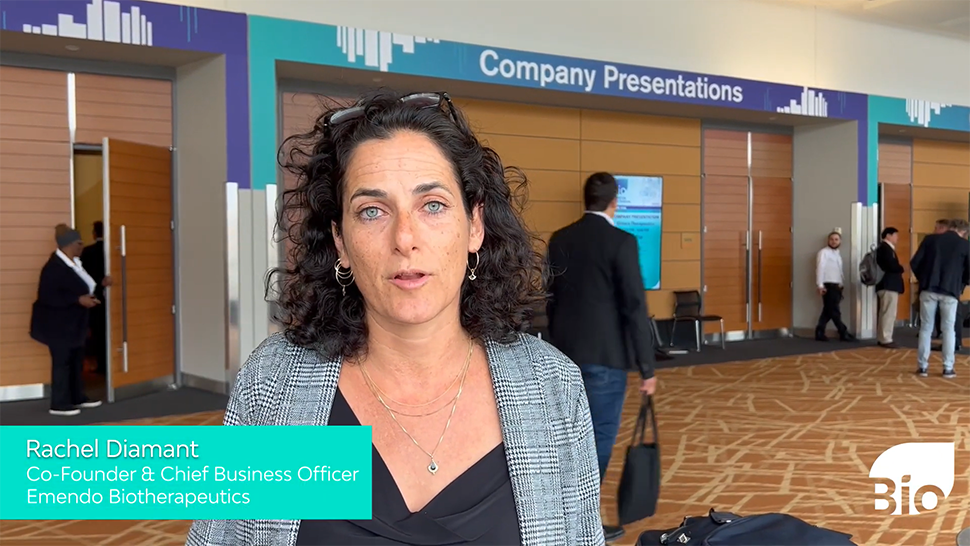China’s proposed rules on human genetics resource (HGR) would significantly restrict how foreign entities are able to access and use Chinese HGR for global R&D initiatives, according to Justin Pine, Senior Director of International Affairs at the Biotechnology Innovation Organization (BIO).
The 2019 Regulation on the Management of Human Genetic Resources (HGR) has already “posed unnecessary and onerous barriers for the global biopharmaceutical industry, resulting in delays in global clinical trials and R&D initiatives,” due to requirements to obtain permission from China’s State Council to share, access, or use HGR, Pine tells Good Day BIO.
The new proposal goes further and aligns with China’s 2020 Biosecurity Law, which broadened the definition of “human genetic resources” to include physical specimens (like tissue) as well as data, and requires foreign companies to partner with local firms in R&D, raising questions about ownership of IP.
Of particular concern: foreign entities are prohibited from collecting China’s HGR within China, requiring local partnerships to fully realize R&D projects, and subject to onerous government oversight and approvals to transfer data abroad.
Deterring global R&D partnerships
“When taken together, these provisions on IP, data sharing, and benefit sharing do not accelerate global R&D efforts but, rather, create challenges to cultivate long-term collaborative scientific relationships and deter global partnerships,” BIO notes in comments to China’s Ministry of Science and Technology (MOS).
This would “unnecessarily restrict research and development efforts in the life sciences in both China and abroad, impeding the development of scientific advancements for the benefit of Chinese citizens and mankind,” BIO explains.




